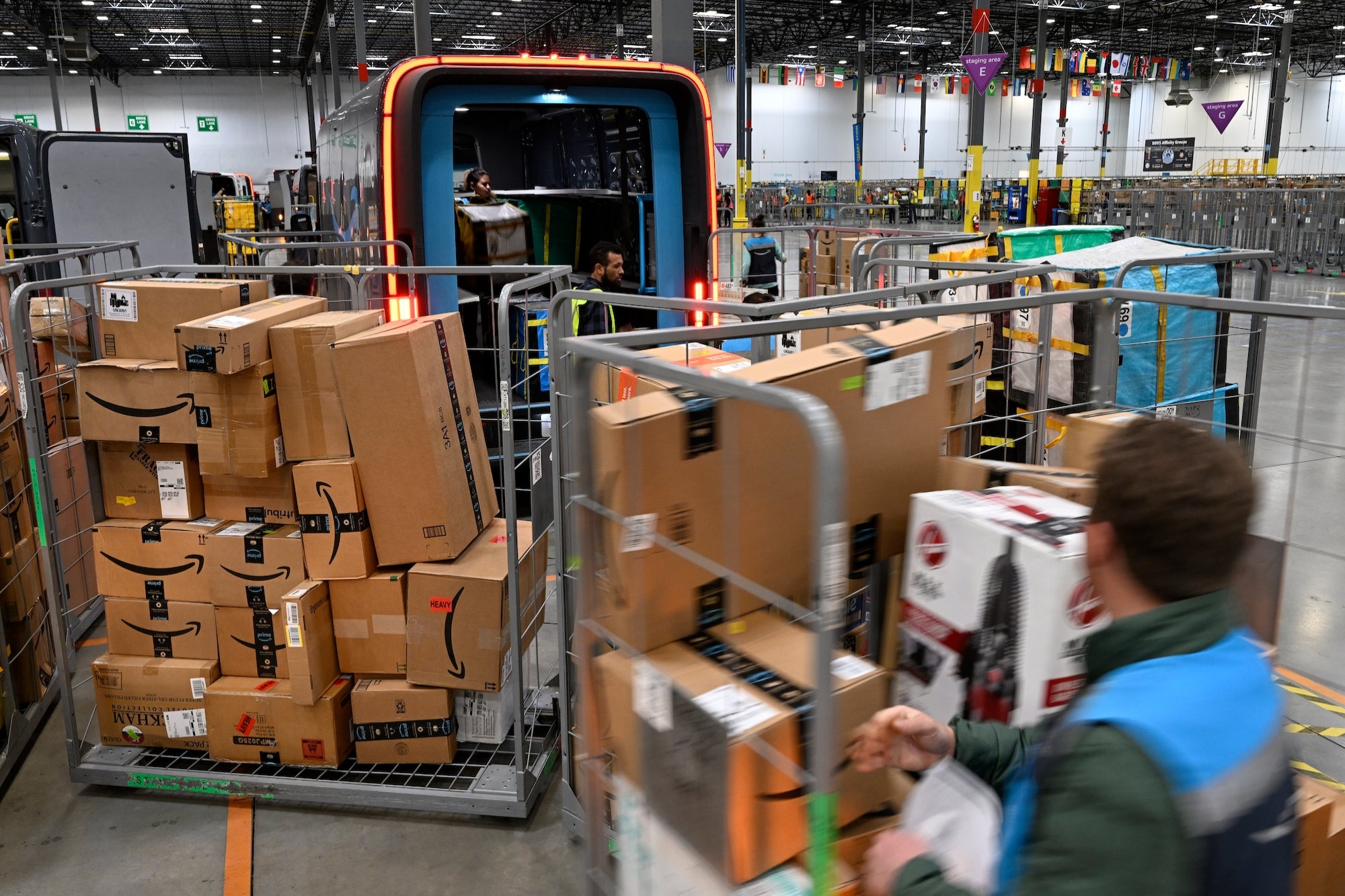Why the Rich Need to Stop Worrying About Being TaxedThe rich need to focus less on avoiding estate taxes and focus more on finding their life purpose if they want to create generational wealth.
ByDaniel Scott•
Opinions expressed by Entrepreneur contributors are their own.
Unless you have been living under a rock, you are well aware of the growing movement in this country to "tax the rich" — a sloganrepresentative Alexandria Ocasio-Cortez had prominently displayed at this year's Met Gala in bold red letters on her evening gown.In addition, the Biden Administration appears to be reading straight out of Bernie Sanders's playbook and taking direct aim at the wealthy in recent social media campaigns, declaring "[m]illionaires and billionaires are paying a lower tax rate than teachers and firefighters. We're going to restore fairness to the tax code" andattacking large corporationsfor paying zero federal tax despite making over $40 billion in profits. This all culminated in the House Ways and Means Committee approving the legislative tax provisions of the Build Back Better Act, designed to implement President Biden's proposed tax law changes, on September 15. Much has been written abouthow the rich avoid paying their "fair share" of taxesandhow to prepare for the Biden Administration's most recent tax proposalstargeting the wealthy. One set of changes inBiden's proposalsexclusively affecting the rich are those that apply to the federal estate tax, sometimes called the "death tax."
Related:How a 30-Year-Old Turned Her $3,400 Tax Refund Into a $12,000-a-Month Side Hustle
When applicable, the combined federal and state estate tax can reduce a family's wealth by more than 50%. Under the new proposals, the estate tax exemption would be cut in half and the estate tax would apply to anyone worth more than $6 million and married couples worth more than $12 million. This is expected to double the number of individuals who owe estate tax from an estimated .02 to .04 percent of all Americans. As a result, rich families are scrambling to make changes to their estate plans in hopes of preserving their wealth for future generations. Unfortunately for them, avoiding estate tax will do little to preserve their wealth.
Let's talk about the elephant in the room: Traditional estate planning does not work. Awidely referenced studypublished by the Williams Group found that 70% of wealth is lost by the second generation and 90% of wealth is gone by the third. The study also found that only a small number of cases — about 15% in total — pointed to a lack of estate planning, poor planning strategies and legal issues. In other words, in 85% of the cases traditional estate planning failed. Despite these wealthy families having wills, trusts, family limited partnerships and the like, and despite them deploying sophisticated strategies to mitigate or avoid paying estate taxes, their wealth was still gone by the second and third generations. So, in case you already didn't know: Paying less tax will not make your children or grandchildren wealthy.
If the goal is to create generational wealth, then we are going about it all wrong. Traditional estate planning focuses on preserving your "estate," (i.e.,whatyou own when you die). It does not focus onwhyyou own it. Saving on estate taxes is just another way of preservingwhatyou own. It says nothing aboutwhy.不了解一个美国卫生工程师协会(asse)背后的目的t, it is impossible to properly manage that asset because there is no unified or defined goal or reason for its existence. Financial assets of any kind (including cold, hard cash) have no intrinsic value — their value is derived from their application. The value of a dollar is what you can do with it, not the paper itself. Therefore, if you want to preserve the value of your estate when you die — if you want to create generational wealth — you have to preserve the purpose behind the asset. You have to preserve its intended application. Otherwise, your assets have no direction. It is the lack of defined purpose and direction for assets in an estate plan that leads to the main causes cited in the Williams Group's study for wealth being made and lost within three generations: a breakdown in trust and communication among family members and inadequately prepared heirs.
Related:These Are the Most Common Tax Filing Mistakes for Entrepreneurs — and How You Can Avoid Them
之前你能理解你背后的目的estate, you must first understand the purpose behind your life. This is your "legacy," only forward-looking instead of in hindsight. While legacy is something by definition left behind, it is also something built and lived in the present. A person's legacy is a reflection of what their life meant and the purpose their life served. Knowing your purpose and designing your life in a way that empowers you to achieve that purpose is proactively building your legacy. That purpose — your legacy — must be infused into assets you own so that it can become part of your estate and continue beyond your life. This is where traditional estate planning and legacy planning intersect. However, without the legacy planning component, your estate plan is doomed to fail and your financial wealth will most likely be lost within a couple of generations.
Money is not a purpose. Financial wealth is not a purpose. Avoiding taxes is not a purpose. These are all merely resources and tools designed to help you accomplish your life goals and purpose. The problem for the rich is not the threat of being taxed more. It is their continual focus onwhat, instead ofwhy.If the rich should be worried about anything, it is never discovering their life purpose.
Related:5 Tips for Finding the Tax Advisor Who Will Save You Millions










